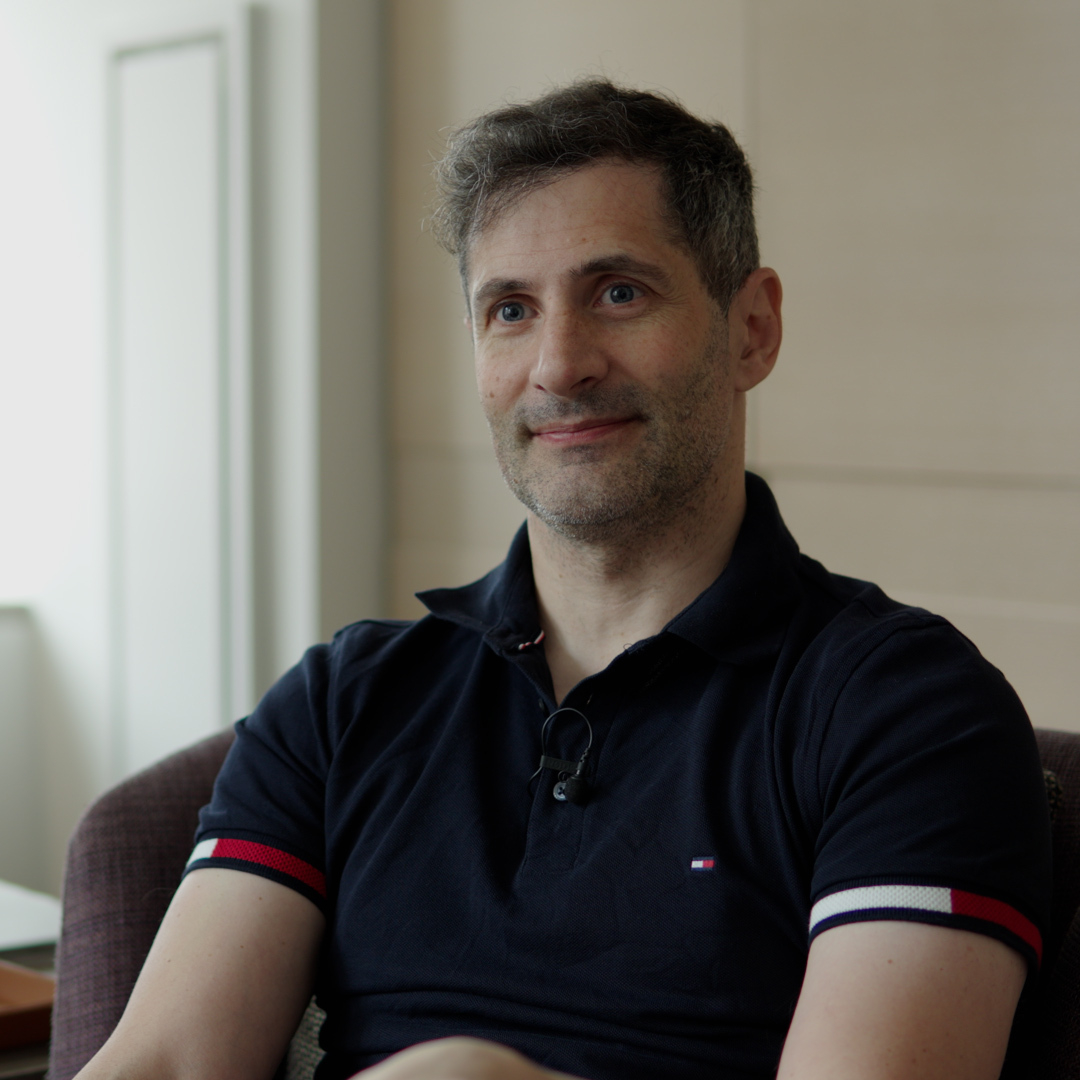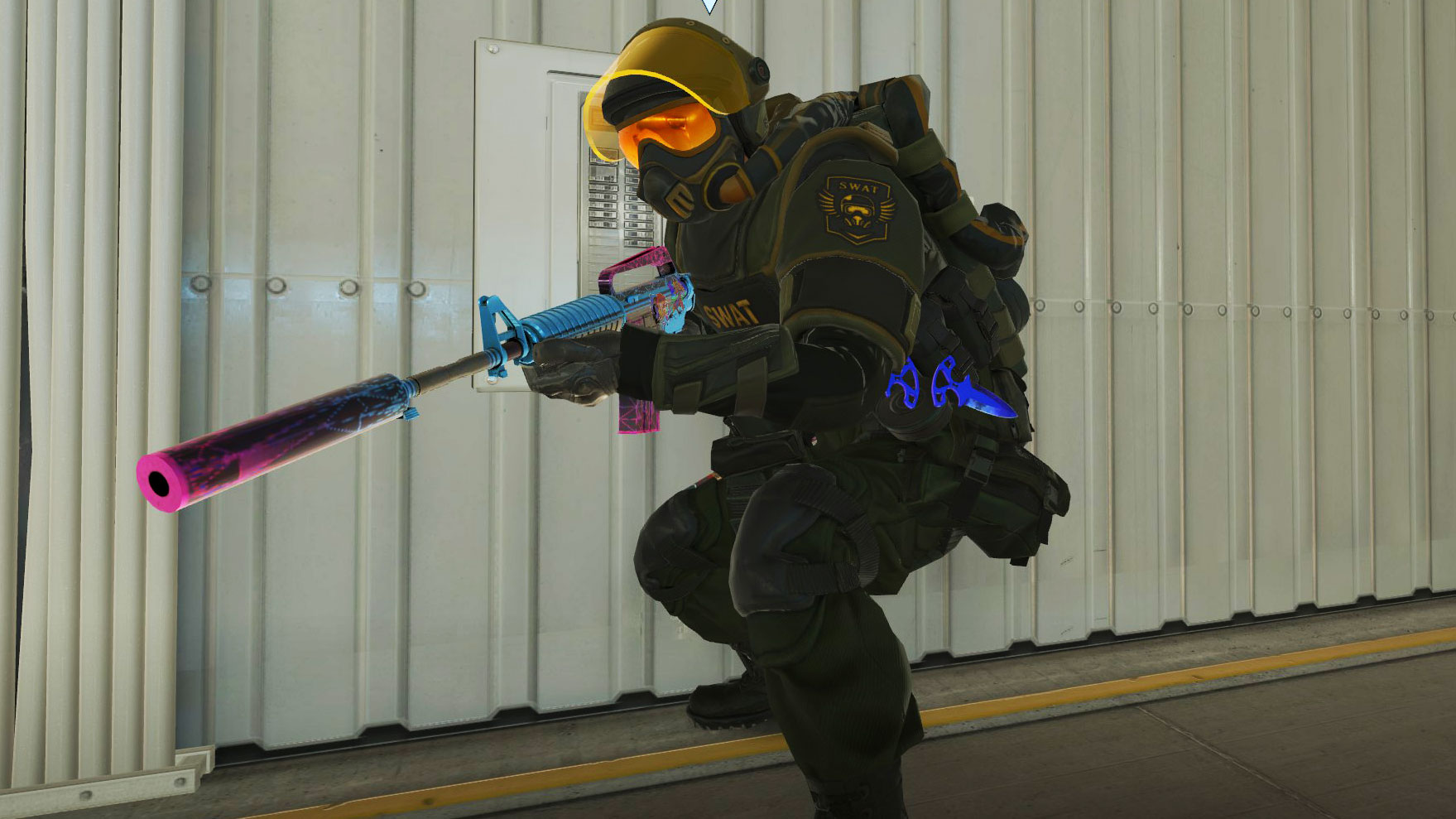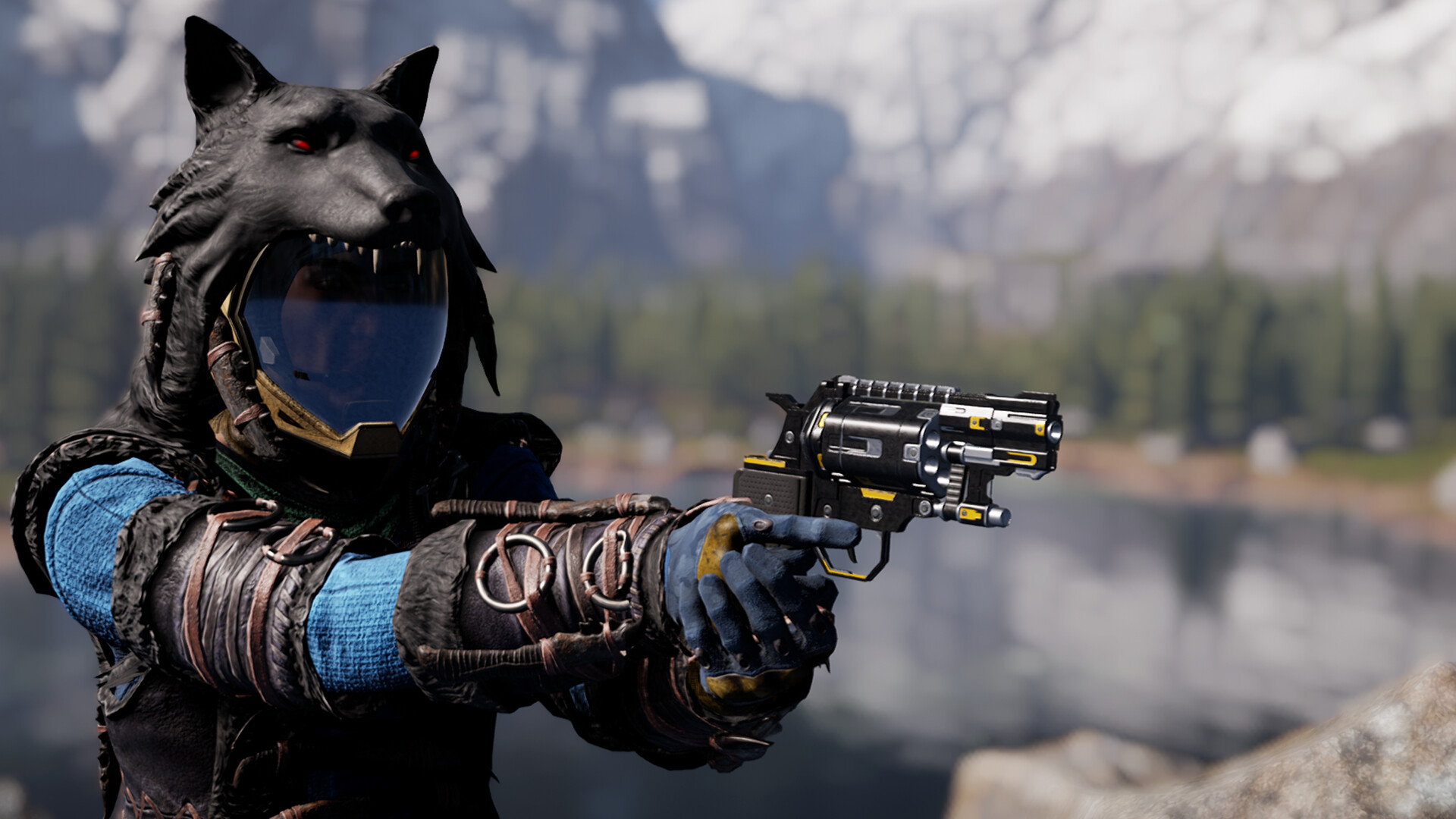
Last week, Valve issued an update to Counter-Strike 2 that, by some estimates, caused the collective secondhand market value of rare CS2 cosmetics to plummet by billions of dollars. While Valve's official policy forbids the third party sale of its games' cosmetics, its loot box monetization fuels a massive ecosystem of gambling and speculation—and in an interview with Eurogamer, DayZ and Icarus creator Dean Hall says Valve isn't getting enough flak for creating its own predatory economy.

"It's something I think Valve does not get anywhere near enough criticism about," Hall said. "I'm honestly disgusted with gambling mechanics in videogames at all—they have absolutely no place."
Efforts to regulate loot boxes as a form of gambling—like a recent Brazilian law banning the sale of loot boxes to minors—have driven other major games publishers to pursue different monetization tactics in recent years. Valve, however, has managed to neatly skirt regulatory efforts by charging players not for directly purchasing loot crates, which can be earned during gameplay, but for the keys required to open them.
In other words, Valve's monetization logic is that it's not gambling because it's only selling you the lever for the slot machine. For Hall, that's an absurd distinction.
"My challenge to game developers is that if they think these things are not a problem, they make the data available to universities who are crying out to study this stuff," Hall said.

Rejecting monetization strategies that look, function, and feel a lot like gambling doesn't mean players will always appreciate their alternatives, however. Hall said that even he is frustrated by the "Paradox model" of paid expansion and DLC packs his studio RocketWerkz chose for its survival game Icarus after moving away from a free-to-play scheme.
"I agree with a lot of the people who get mad about the DLC approach. I don't really like the Icarus approach. We needed it to survive," he said. "I actually think a lot of gamers don't realize that 99% of devs out there are sitting there going, 'I don't like this.'"
For its next game, the shamelessly Kerbal-inspired Kitten Space Agency, RocketWerkz is taking an unconventional path for generating revenue: The game will be free, but players will be able to opt in to payments to support its development.

"We've got to try something different. And if there's ever a game that deserves trying that, it's a KSP-style game," Hall said. "That's one game I think maybe we can try and do something different with. We say games can inspire, and inspiration should be free, which is kind of a tagline with KSA."
Valve, meanwhile, hasn't always gone without criticism for its monetization practices. Greek economist and politician Yanis Varoufakis, who had formerly worked as Valve's own economist-in-residence, said in 2024 that it didn't just spawn third-party grey markets of CS2 skin gambling and cryptocurrency laundering. Its efforts to rein in those activities, he said, helped usher in what he calls our current age of "technofeudalism," in which major corporations extract rents from algorithmic fiefdoms where they alone dictate the terms of exchange.
One way or another, TF2 hats have a lot to answer for.







